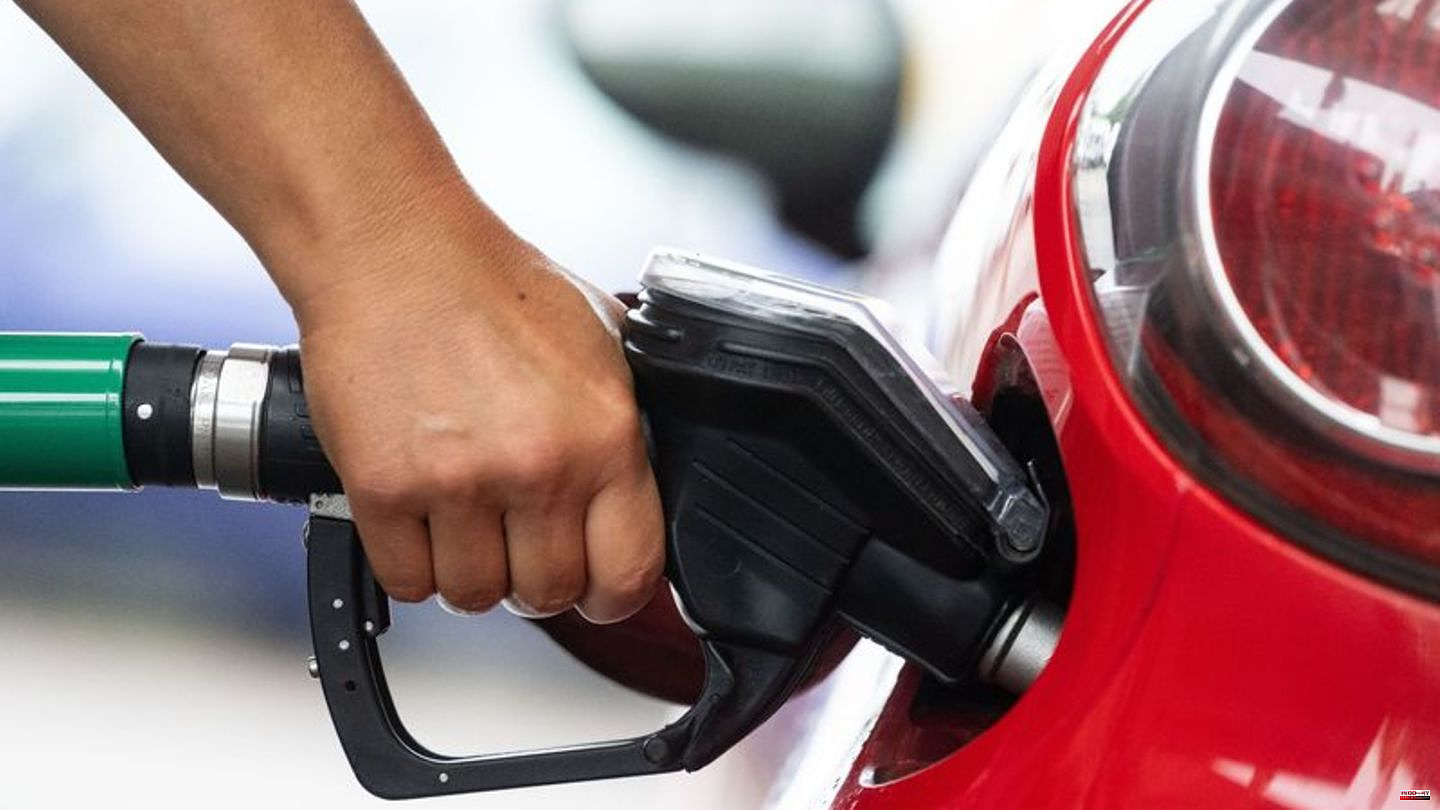With the start of the temporary fuel tax reduction in June, the demand for petrol has increased significantly according to industry data.
At that time, domestic deliveries to petrol stations and other recipients rose sharply compared to the previous months, as an evaluation of the official mineral oil data shows. At 1.58 million tons, they even exceeded the pre-corona value of June 2019 by almost 42,000 tons. In the spring, domestic deliveries of gasoline were well below the pre-corona values, at an average of 1.34 million tons per month.
During this time, fuel prices had reached unprecedented heights due to the war in Ukraine. A connection to the fall in demand in spring is not necessarily verifiable - but obvious. Accordingly, the temporary reduction in fuel tax by 35.2 cents on petrol - and thus falling prices at the petrol pumps - should have caused a surge in demand. In the case of diesel, the increase in deliveries was significantly lower than in the previous months, as shown by the data published by the Federal Office of Economics and Export Control (BAFA). Here the tax relief of 16.7 cents was also lower.
However, a side effect of the tax cut is also likely to have led to the strong increase in June. Since the tax is not due when the petrol is sold at the petrol station but when it is delivered, it was profitable for petrol stations to replenish their stocks at the beginning of June rather than at the end of May. And motorists waited to refuel for the lower June prices. Accordingly, May saw the lowest domestic deliveries of the previous months at 1.29 million tons of gasoline. However, this minus is far too small as the sole explanation for the plus in June.
"It is obvious that the "tank discount" has led to higher demand," said ADAC fuel market expert Christian Laberer. "There is also a big psychological difference between paying 2.10 or 1.75 euros for a liter. This reduces the incentive to be particularly fuel-efficient on the road."







